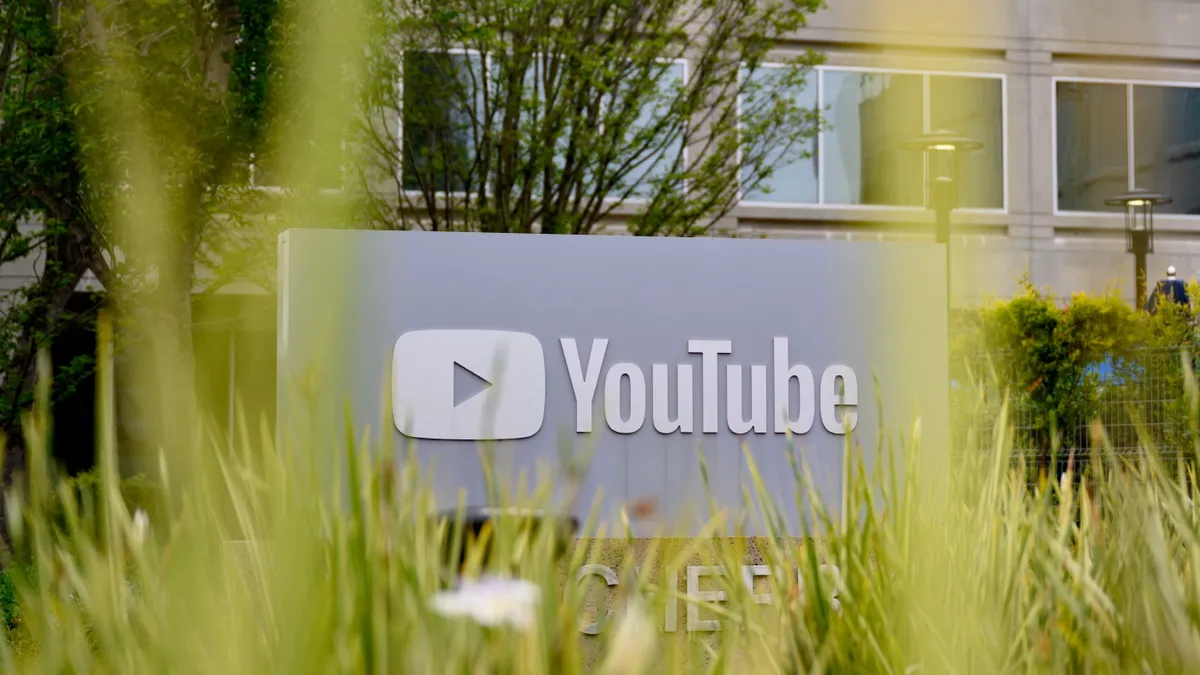
YouTube has agreed to pay $24.5 million to former President Donald Trump to resolve a lawsuit filed in 2021. The lawsuit claimed that Trump was a victim of censorship after the platform suspended his account following the violent events of January 6, 2021, when his supporters attacked the U.S. Capitol. This agreement was detailed in federal court documents submitted on Monday.
According to the settlement documents, YouTube's parent company, Google, will allocate $22 million from the settlement to contribute to the construction of a Mar-a-Lago-style ballroom at the White House. The renovation financing will be managed by a nonprofit organization known as the Trust for the National Mall. This marks the latest in a series of settlements involving tech companies sued by Trump in the aftermath of the Capitol riots.
In January, Meta, the parent company of Facebook and Instagram, paid Trump $25 million related to its decision to suspend his accounts after January 6. Similarly, Elon Musk's platform, X (formerly Twitter), settled for $10 million over comparable allegations. These settlements have sparked discussions about the implications of tech companies’ actions regarding free speech.
Legal experts, including Eric Goldman, a law professor at Santa Clara University, have stated that Trump's lawsuits did not present credible legal claims. They argue that First Amendment protections typically apply to government actions rather than to the policies of private companies regarding speech moderation. “This is straight influence-peddling,” Goldman remarked, suggesting that these settlements do not indicate any legal merit to Trump's claims.
Despite the legal experts' opinions, tech companies have been increasingly opting to settle such disputes, often in high-profile public deals. This trend represents a significant shift in Silicon Valley's approach to content moderation, as these platforms have historically defended their rights to regulate content on their sites.
This settlement emerges shortly after YouTube announced it would reinstate accounts that had been permanently banned for spreading misinformation related to COVID-19 and the 2020 election. This decision is part of a broader trend of loosening social media misinformation rules since Trump’s presidency began. Notable accounts affected by these bans include those of former Trump adviser Steve Bannon, Robert F. Kennedy Jr. (now head of the Department of Health and Human Services), and right-wing podcaster Dan Bongino, who currently serves as the deputy director of the FBI.
The $24.5 million settlement between YouTube and Donald Trump highlights a complex intersection of technology, law, and politics. As tech companies navigate the challenging waters of content moderation and free speech, the implications of such settlements continue to raise questions about accountability and the power dynamics between private platforms and public figures.